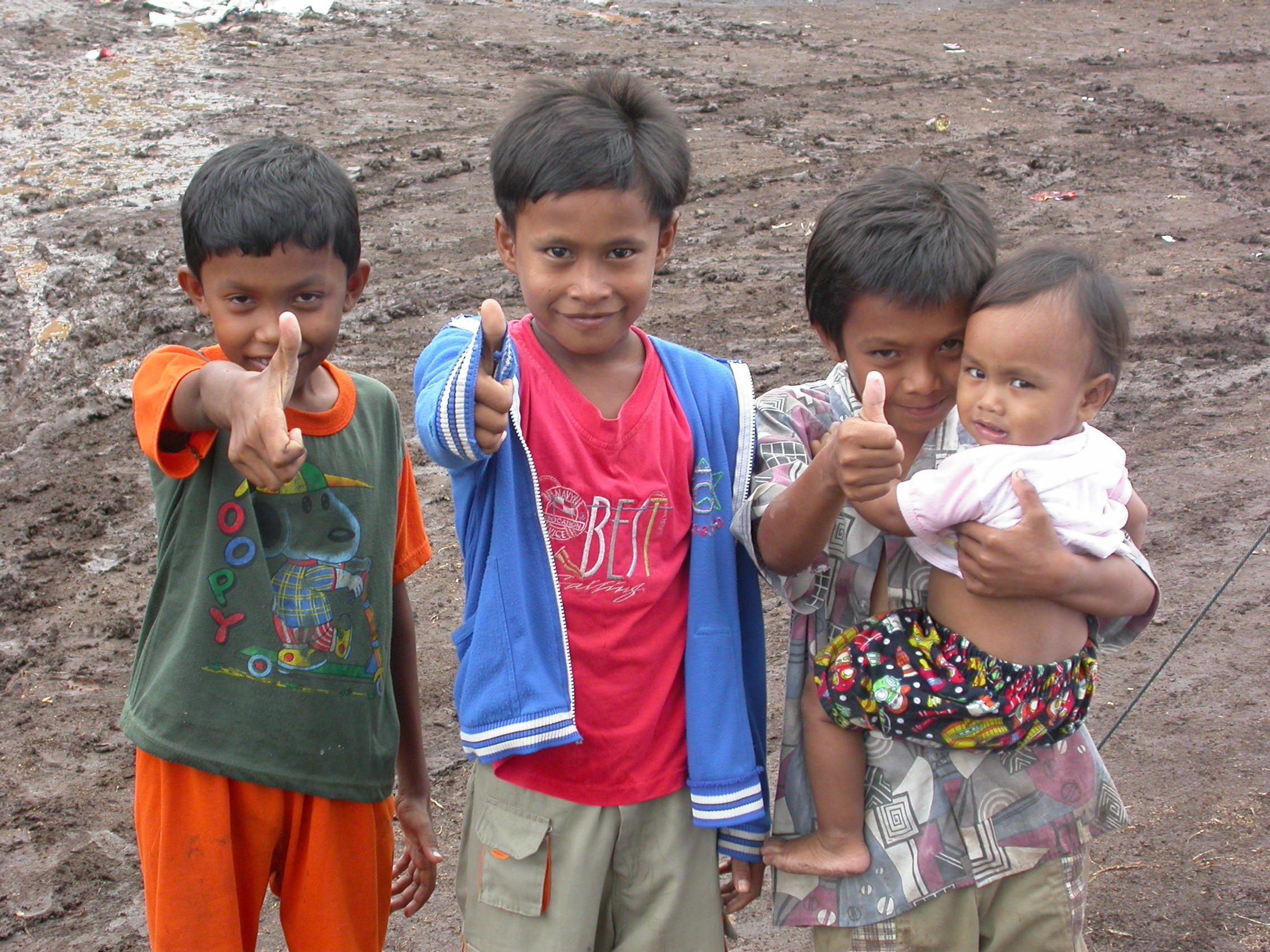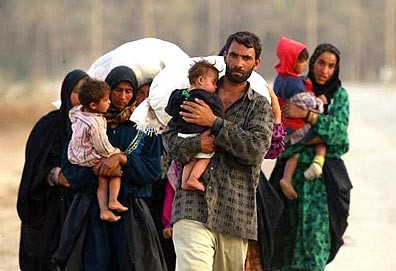MESSAGE OF HIS HOLINESS POPE FRANCIS
Migrants and Refugees: Towards a Better World

Dear Brothers and Sisters,
Our societies are experiencing, in an unprecedented way, processes of mutual interdependence and interaction on the global level. While not lacking problematic or negative elements, these processes are aimed at improving the living conditions of the human family, not only economically, but politically and culturally as well. Each individual is a part of humanity and, with the entire family of peoples, shares the hope of a better future. This consideration inspired the theme I have chosen for the World Day of Migrants and Refugees this year: Migrants and Refugees: Towards a Better World.
From the Christian standpoint, the reality of migration, like other human realities, points to the tension between the beauty of creation, marked by Grace and the Redemption, and the mystery of sin. Solidarity, acceptance, and signs of fraternity and understanding exist side by side with rejection, discrimination, trafficking and exploitation, suffering and death. Particularly disturbing are those situations where migration is not only involuntary, but actually set in motion by various forms of human trafficking and enslavement. Nowadays, “slave labour” is common coin! Yet despite the problems, risks and difficulties to be faced, great numbers of migrants and refugees continue to be inspired by confidence and hope; in their hearts they long for a better future, not only for themselves but for their families and those closest to them.
What is involved in the creation of “a better world”? The expression does not allude naively to abstract notions or unattainable ideals; rather, it aims at an authentic and integral development, at efforts to provide dignified living conditions for everyone, at finding just responses to the needs of individuals and families, and at ensuring that God’s gift of creation is respected, safeguarded and cultivated.
 It must also be emphasized that such cooperation begins with the efforts of each country to create better economic and social conditions at home, so that emigration will not be the only option left for those who seek peace, justice, security and full respect of their human dignity. The creation of opportunities for employment in the local economies will also avoid the separation of families and ensure that individuals and groups enjoy conditions of stability and serenity.
It must also be emphasized that such cooperation begins with the efforts of each country to create better economic and social conditions at home, so that emigration will not be the only option left for those who seek peace, justice, security and full respect of their human dignity. The creation of opportunities for employment in the local economies will also avoid the separation of families and ensure that individuals and groups enjoy conditions of stability and serenity.
I would point to yet another element in building a better world, namely, the elimination of prejudices and presuppositions in the approach to migration. Not infrequently, the arrival of migrants, displaced persons, asylum-seekers and refugees gives rise to suspicion and hostility. There is a fear that society will become less secure, that identity and culture will be lost, that competition for jobs will become stiffer and even that criminal activity will increase. The communications media have a role of great responsibility in this regard: it is up to them, in fact, to break down stereotypes and to offer correct information in reporting the errors of a few as well as the honesty, rectitude and goodness of the majority. A change of attitude towards migrants and refugees is needed on the part of everyone, moving away from attitudes of defensiveness and fear, indifference and marginalization – all typical of a throwaway culture – towards attitudes based on a culture of encounter, the only culture capable of building a better, more just and fraternal world. The communications media are themselves called to embrace this “conversion of attitudes” and to promote this change in the way migrants and refugees are treated.
I think of how even the Holy Family of Nazareth experienced initial rejection: Mary “gave birth to her firstborn son, and wrapped him in swaddling cloths, and laid him in a manger, because there was no place for them in the inn” (Lk 2:7). Jesus, Mary and Joseph knew what it meant to leave their own country and become migrants: threatened by Herod’s lust for power, they were forced to take flight and seek refuge in Egypt (cf. Mt 2:13-14). But the maternal heart of Mary and the compassionate heart of Joseph, the Protector of the Holy Family, never doubted that God would always be with them. Through their intercession, may that same firm certainty dwell in the heart of every migrant and refugee.
The Church, responding to Christ’s command to “go and make disciples of all nations”, is called to be the People of God which embraces all peoples and brings to them the proclamation of the Gospel, for the face of each person bears the mark of the face of Christ! Here we find the deepest foundation of the dignity of the human person, which must always be respected and safeguarded. It is less the criteria of efficiency, productivity, social class, or ethnic or religious belonging which ground that personal dignity, so much as the fact of being created in God’s own image and likeness (cf. Gen 1:26-27) and, even more so, being children of God. Every human being is a child of God! He or she bears the image of Christ! We ourselves need to see, and then to enable others to see, that migrants and refugees do not only represent a problem to be solved, but are brothers and sisters to be welcomed, respected and loved. They are an occasion that Providence gives us to help build a more just society, a more perfect democracy, a more united country, a more fraternal world and a more open and evangelical Christian community. Migration can offer possibilities for a new evangelization, open vistas for the growth of a new humanity foreshadowed in the paschal mystery: a humanity for which every foreign country is a homeland and every homeland is a foreign country.
Dear migrants and refugees! Never lose the hope that you too are facing a more secure future, that on your journey you will encounter an outstretched hand, and that you can experience fraternal solidarity and the warmth of friendship!
